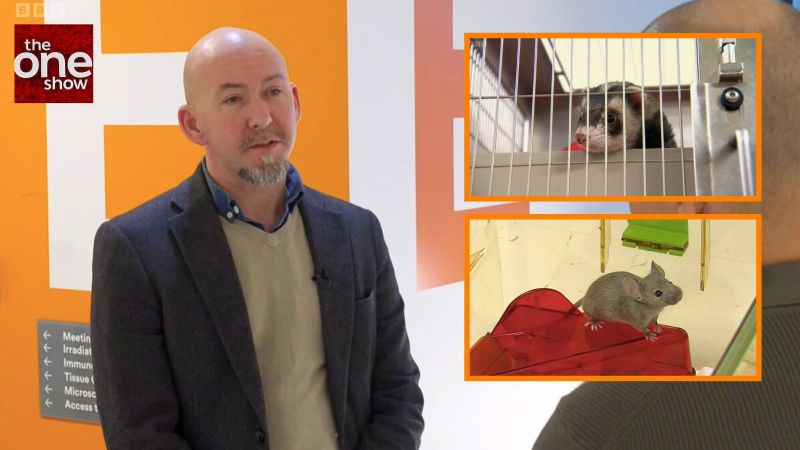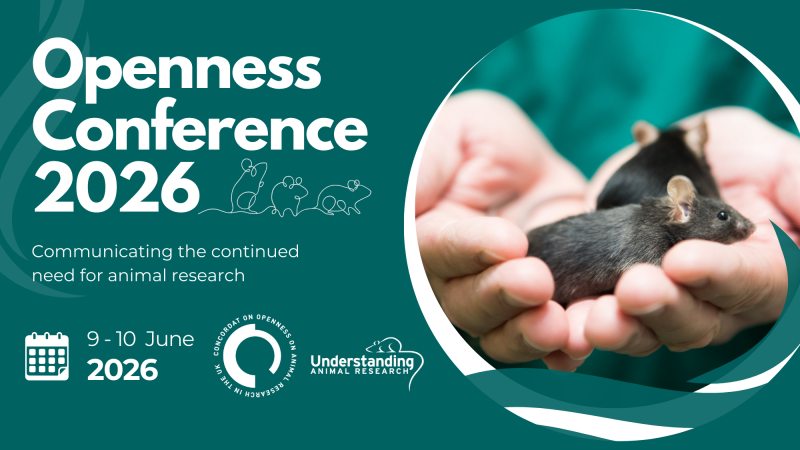Text to go here...
Small plastic disks impregnated with chemicals specific to fighting tumour cells and implanted under the skin can reprogramme the immune system to attack tumours in mice.
The chemical, called an antigen, is the substance that causes the body to generate antibodies which destroy foreign cells, such as those found in tumours. The problem with cancer is that the cells originate inside the body, and therefore often escape detection by our immune system. The theory is that if the immune cells can to be reprogrammed to recognise tumours as foreign, our own immune system could be used as a powerful weapon against cancers.
Most previous work has focused on removing immune cells from the body, reprogramming them, and then re-injecting them back into the body. The new technique redirects the immune system from inside the body. This appears to be easier and more effective than other approaches.
The implant sends out a strong signal attracting immune-system messengers. These messengers enter the implant, where they are exposed to the antigens specific to the tumour being targeted. This means that when they leave the implant, they are able to recognise the tumour as foreign. They then deliver this message to the immune system, which mounts an immune response against the tumour.
Using mice that, if left untreated, would normally die from an aggressive cancer, they found that with this implant, 90% of the mice survived. This is the most effective demonstration of a cancer vaccine seen in animals so far.
These implants should provide permanent resistance against cancerous cells, providing protection against relapses. There is also the possibility of loading the disks with other antigens to safeguard against an array of infectious diseases such as viruses. They could even redirect the immune system to combat conditions such as type 1 diabetes, which occurs when immune cells attack the body’s own pancreatic cells.
Last edited: 10 January 2022 16:14



